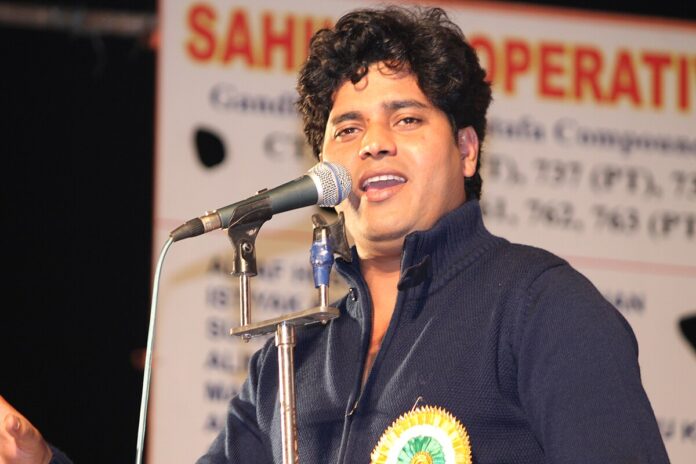In a significant ruling, the Supreme Court on Friday reaffirmed that freedom of expression is fundamental to society, while emphasizing that restrictions on speech must be reasonable and not arbitrary, as they should not infringe upon citizens’ rights.
The apex court made these remarks while quashing criminal proceedings initiated by the Gujarat Police against Congress MP Imran Pratapgarhi over a social media post featuring his poem “Ae khoon ke pyase baat suno.” The court ruled that no offense was made out against Pratapgarhi and underscored that law enforcement must carefully analyze the meaning of spoken or written words before filing an FIR in such cases.
A bench comprising Justices A.S. Oka and Ujjal Bhuyan, while setting aside the FIR, highlighted that the right to free speech is more crucial than the limitations placed on it. The court also clarified that Section 196 of the Bharatiya Nyaya Sanhita (BNS), which deals with promoting enmity between religious groups, cannot be invoked solely based on the perceptions of overly sensitive individuals who feel offended by minor criticism.
“Police officers, as citizens themselves, are duty-bound to uphold constitutional rights. Offenses under Section 196 BNS must be assessed from the perspective of a courageous mind, not by the standards of those who perceive every criticism as a personal attack,” the court stated, as reported by Bar and Bench. The bench further emphasized that when allegations arise based on spoken or written words, authorities must refer to Section 173(3) of the Bharatiya Nagarik Suraksha Sanhita (BNSS) to ensure the protection of fundamental rights.
The Supreme Court reiterated that constitutional courts must play a leading role in safeguarding free speech, calling it “the most cherished right.” It asserted that the ability to freely express thoughts and opinions is essential for a thriving democracy, and differing views should be countered with rational discourse rather than legal action.
Even if a large section of society opposes an individual’s views, their right to express those opinions must be “respected and protected,” the court observed. Taking an apparent dig at the Gujarat High Court, which had declined to quash the FIR, the Supreme Court reminded that courts are obligated to uphold fundamental rights.
“Judges may not always agree with certain spoken or written words, but it remains our duty to protect fundamental rights under Article 19(1). As custodians of the Constitution, we must uphold its ideals,” the bench remarked. “When fundamental rights are threatened, courts must intervene to safeguard them. Constitutional courts, in particular, must be at the forefront of this endeavor.”
The case originated from a complaint filed by an advocate’s clerk, who had shared a social media video featuring Pratapgarhi’s poem “Ae khoon ke pyase baat suno.” The Gujarat Police subsequently booked the Congress MP under Sections 197 (statements harming national unity), 299 (deliberate acts to insult religious beliefs), and 302 (using words to hurt religious sentiments) of the Bharatiya Nyaya Sanhita.
After the Gujarat High Court rejected Pratapgarhi’s plea to quash the FIR on January 17, he approached the Supreme Court, which ultimately ruled in his favor.



